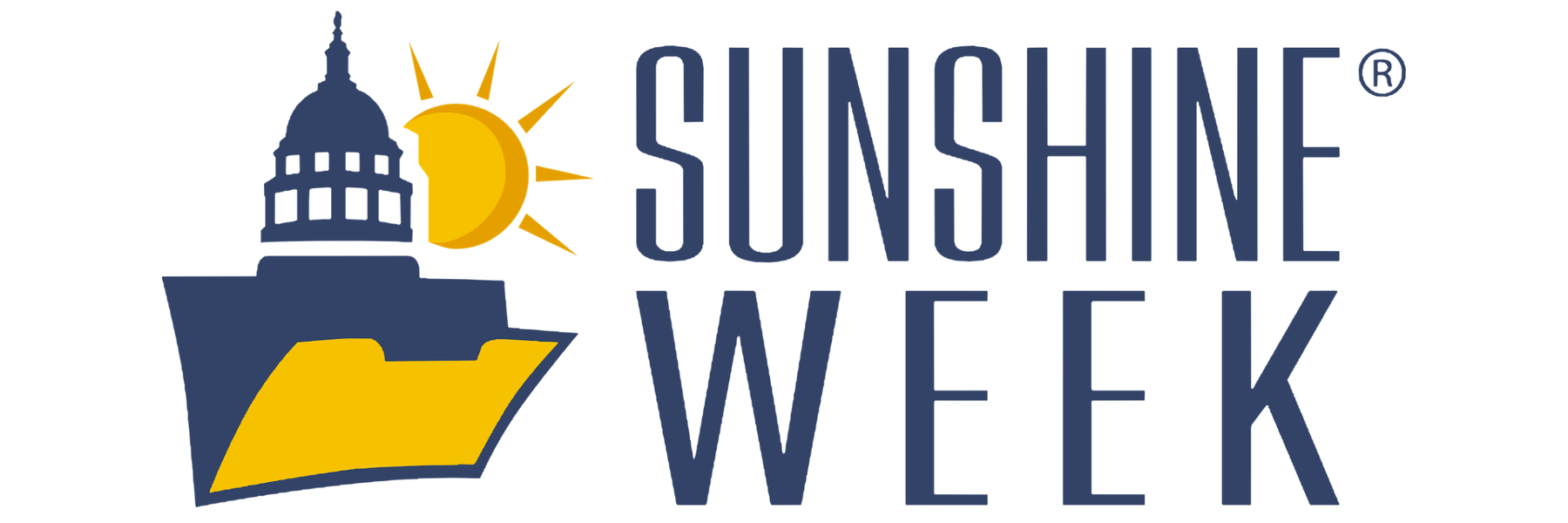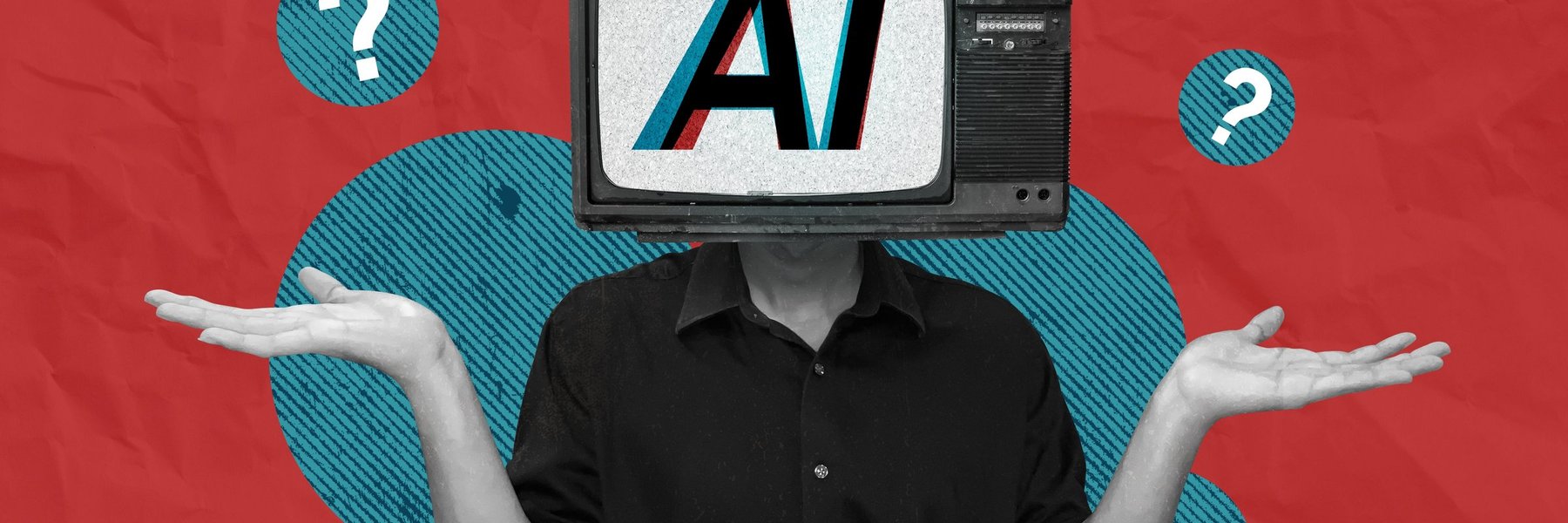In this week’s FOIA round-up, emails show Texas declined National Aeronautics and Space Administration’s offer to test for air pollution following Hurricane Harvey, a Missouri senator, fresh out of an election violation investigation, is now back under scrutiny thanks to newly released communications, and now-public data shows that self-driving cars aren’t as safe as regulators claim.
See a great use of public records we missed? Send over your favorite FOIA stories via email, on Twitter, or on Facebook, and maybe we’ll include them in the next round-up. And if you’d like even more inspiration, read past round-ups.
Documents show Texas, EPA refused a NASA air quality test following Hurricane Harvey, despite complaints from residents pointing to air toxicity
According to emails obtained by the LA Times through a public records request, NASA planned to fly a DC-8 equipped with high-tech air sampling technology over the areas most affected by Hurricane Harvey in Texas following damage done to chemical facilities, storage tanks and industrial plants by the devastating storm in 2017. The records show that Texas government officials - with the explicit approval of the Environmental Protection Agency - blocked this from happening.
Texas director of toxicology Michael Honeycutt told NASA officials in one of these emails their data would be “confusing,” and said his department didn’t find anything to be concerned about from their far less sophisticated surveys. The EPA deferred to Honeycutt, and the NASA flight was grounded.
Honeycutt, who is now chairman of the EPA’s Science Advisory Board, came under fire last year for comments he made in a 2014 interview with Houston Public Radio, in which he claimed that ozone pollution is beneficial to public health.
“It’s totally possible we’d have found nothing at all to be concerned about,” said Tom Ryerson, a National Oceanic and Atmospheric Administration researcher who had previously been part of the Deepwater Horizon mission. “But at least we’d have known that.”
Last year, an investigation by the Houston Chronicle revealed “widespread, unreported pollution and environmental damage” in the areas affected by Harvey, including serious toxic air pollution.
Read the full story here.
New documents re-ignite suspicions around 2018 election violations for U.S. Senator Josh Hawley
Documents obtained by the Kansas City Star reveal that a top campaign donor and former lieutenant to U.S. Senator-elect Josh Hawley (R-MO) was permitted to sit in on interviews conducted as part of an investigation into Hawley’s alleged illegal use of government resources to support his campaign when he served as Missouri’s Attorney General.
The documents also include emails between Ashcroft’s investigators and Hawley’s ally John Sauer, in which investigators notified Sauer which former employees of Hawley’s they planned to interview. Sauer, currently Missouri’s Solicitor General and former first assistant during Hawley’s tenure as AG, donated the maximum amount of $5,400 to Hawley’s senate campaign last year.
Missouri Secretary of State Jay Ashcroft, whose office launched the investigation, announced last month that Hawley didn’t violate election law, but the new documents cast suspicion on these findings.
“As a general rule, no serious investigator, civil or criminal, would voluntarily invite representatives of the party being investigated to sit in on initial witness interviews,” said Frank Bowman, a professor at the University of Missouri School of Law. “Not only is there an intimidation factor, particularly where the target is a sitting U.S. senator, but letting the target be represented in the interviews allows the target to shape his own response and to coach potential witnesses.”
Read the full story here.
FOIA lawsuit leads to release of data on safety investigation for self-driving Tesla cars, highlights federal agency’s pattern of unreasonable FOIA denials
In 2016, a driver in Florida was killed in a car crash after putting his Tesla on “Autopilot” mode. A subsequent investigation by the federal regulatory agency National Highway Traffic Safety Administration found that a new feature called Autosteer had adequately improved the safety of this function. In September, a researcher with Quality Control Systems Corp. filed a FOIA request for the data behind this conclusion; the request was denied, and in September he successfully sued, gaining access to records that revealed the limitations and miscalculations of their study.
According to an article from FairWarning.org, the lawsuit was the latest in a series of successful challenges to FOIA denials from NHTSA, highlighting the agency’s record of unjustified resistance to public records requests.
“Since 2007, there have been 12 lawsuits seeking records from NHTSA, according to a review of records from the Justice Department and the Transactional Records Access Clearinghouse, which collects federal data,” Eli Wolfe writes for FairWarning. “Three cases are pending, but the other nine ended in court rulings or settlements requiring NHTSA to produce records for plaintiffs. None of the lawsuits ended in a judgment in NHTSA’s favor.”
Read the full story here.
Read a great FOIA-based news story we should highlight? Let us know and maybe we can include it in our next roundup! Send it over via email, on Twitter, or on Facebook.
Image via Wikimedia Commons




